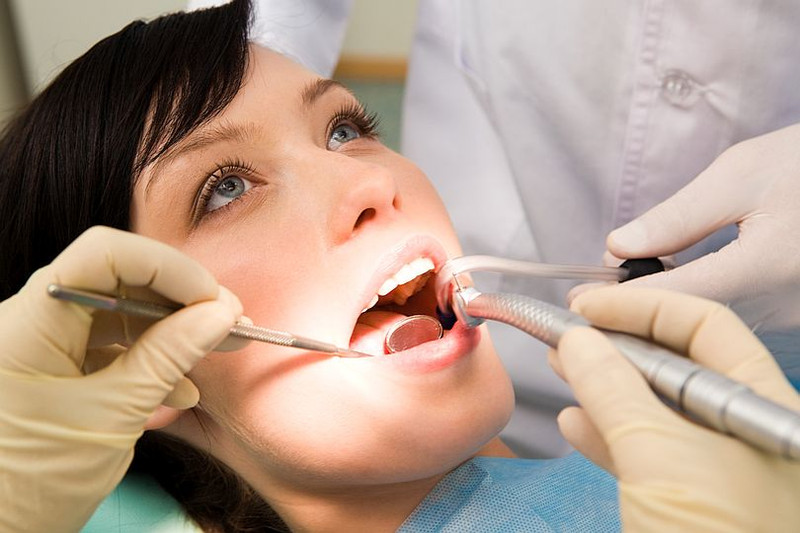Dental hygiene is extremely important to maintain, however, with many foods containing a high sugar content as well as being highly acidic this can have a huge impact on our teeth. Although the damage to your teeth may sometimes be hereditary, a number of professionals, from a
London dentist to your local clinic, are available to help you combat the problems you could be experiencing. However, what if we told you a way that you could prevent the problem? Here we are going to give you some top tips for vitamins that could be affecting your oral health.
- Calcium
Growing up you are always told that
calcium is a sure fire way to strong teeth and bones and that is why it tops this list. Lack of calcium weakens the enamel on the surface of your teeth and can lead to enamel erosion. Although this is not a problem if properly cared for, this has the potential to lead to chipped or broken teeth due to them gradually weakening over time. A great way to combat this is through introducing more dairy into your diet as well as fish as this will help to strengthen teeth.
- Vitamin D
Yeast infections in the mouth, as well as bleeding gums, can all be an indication of a lack of
vitamin D present in the body. This can have a profound effect on your oral hygiene as this could lead to the breakage of teeth and repeated infection. Vitamin D can be found within a healthy balanced diet in foods such as egg yolk and fatty fish and can be implemented alongside a regime to ensure the balance of healthy, naturally white teeth.
- Vitamin C
One of the most common deficiencies out there is a lack of
vitamin C in the body. Although this may not seem like something that could affect your mouth, this can lead to symptoms such as bleeding gums and lowered immune system. This can have a serious effect on your mouth leaving it prone to infection as well as being sensitive to certain foods. To combat the lack of vitamin C you can integrate fruit and vegetables, such as spinach and carrots, into your diet to give your body the boost of vitamin C that it needs and return your mouth to working order.
- Vitamin B12
Vitamin B12 is also one of the most common deficiencies for people of all ages and can lead to increased fatigue, but did you know that it can also lead to bad breath that is commonly indicated by a red tongue? Put down the mouthwash and try including beef, sardines and cheese into your diet. This will help you to naturally source the vitamins that you are lacking and begin to combat the problem from within rather than just masking the problem with a temporary solution.
- Vitamin B3
Finally,
vitamin B3 (Niacin) may be the reason that you are struggling with your oral hygiene. This is the nutrient that turns the food you are eating into energy. When you are deficient in the vitamin there are a number of symptoms such as sores in the mouth and bad breath that could begin to present themselves. However, this can be treated by placing food such as chicken and other meat into your diet, because not only will your body get the nutrients that it needs, but you will also be well on your way to building a healthy diet plan.
As you can see, there are a number of reasons why you need to think about what you are eating as it can have a profound effect on the health of your teeth and oral hygiene both now and in years to come.

